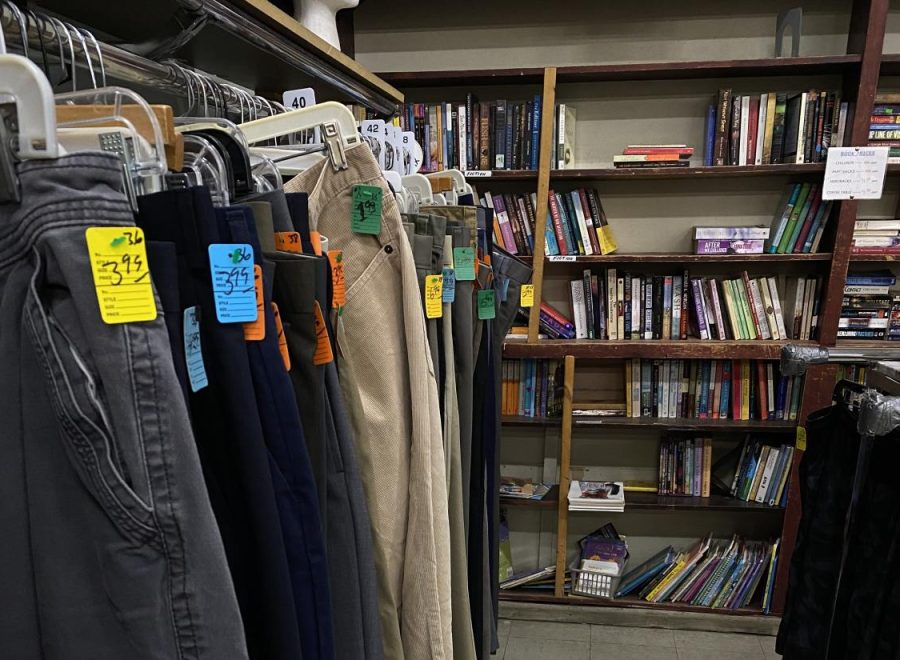Fast fashion, a business model characterized by lightning-fast but ethically dubious clothing production, deflates personal style and poses a moral dilemma for consumers.
While efficient, this business model’s reliance on trends creates unoriginality.
“Fast fashion completely ruined personal style. People buy it because everyone else is,” Simone Youssef, a University of Minnesota alum and fashion enthusiast, said. “Seeing it now with everybody dressing the same, it’s soul crushing.”
Fast fashion is more about business than couture or personal style. Fast fashion retailers pay attention to social media and high fashion trends, and then use that information to mass produce trendy clothes at low costs. Once the demand for a specific style has passed, it’s easy and cheap to repeat this process with a new trend.
In the age of the trend, conformity is widespread. This desire to conform contributes to overconsumption — as trends and micro-trends pass by faster than ever, consumers hoping to be trendy end up buying more clothes to compensate.
“Trends were seasonal. Looking at today, trends are no longer seasonal; they are daily,” Youssef said. “People are overconsuming like crazy. You see it on social media; you see the hauls of hundreds of items. Fast fashion was meant to be a means to accessibility.”
Crucial to the takeover of fast fashion is online shopping. It seems like no one goes to the mall or brick-and-mortar stores for their clothes anymore — even when buying in person lets you gauge an item’s quality. Mass-produced fast fashion is rarely high-quality, and clothing from SHEIN is no exception.
SHEIN is a wildly profitable fast fashion retailer — valued at $100 billion this April, according to the Wall Street Journal. With shirts that can cost as little as $2, one can see the allure of overconsumption, even when fast fashion items tend to deteriorate after just a few washes.
Regardless, this overconsumption is popular. Videos with the hashtag #sheinhaul have gathered more than 7.3 billion views on TikTok, which only fuels the fast fashion fire.
This popularity is impressive, given SHEIN’s ethically dubious business practices. The working conditions in SHEIN’s factories resemble those of sweatshops, according to Public Eye. According to the Swiss watchdog’s investigation, migrant workers employed in SHEIN’s factory in southern China are cramped into windowless rooms in blistering heat, with no means of earning overtime pay or taking adequate breaks from work.
At the end of the day, however, this is just another example of Americans turning a blind eye to exploitative and shady business practices. Some of us, it seems, are willing to compromise both our moral compasses and original style for $2 polyester t-shirts.












